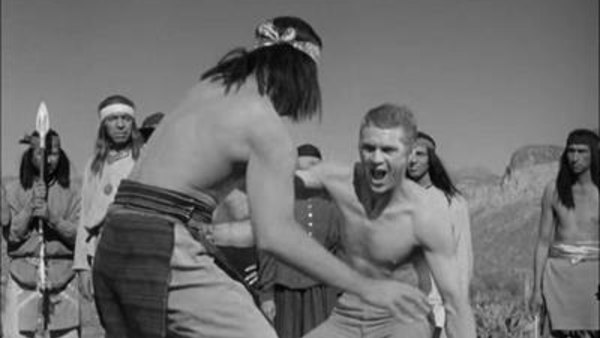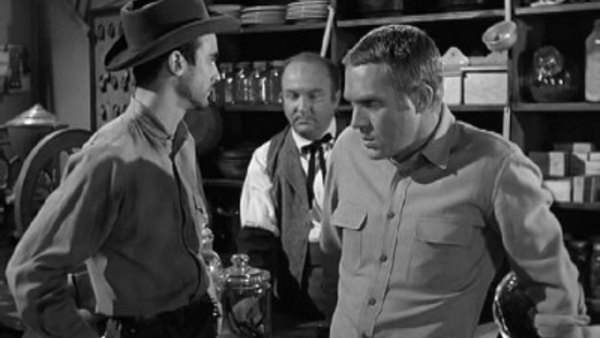
Daring commando missions were taking place throughout the region, including Operation Chameleon - a sixth-month operation that involved 300 government soldiers and secret raids. On the telephone, Colonel Espejo explained that he urgently needed to get a message to the captured Colombian soldiers: help was coming. He became the go-to guy for the Colombian army’s more bizarre requests in their battle against the guerillas. A high-profile move to rival ad agency DDB in Miami followed, but Ortiz could never forget his enmity toward the FARC. But the threats persisted, and fearing for his safety, his employer urgently transferred Ortiz to its New York office. "They offered me the opportunity of paying them in exchange for my life."ĭeeply concerned by threatening letters and phone calls, Ortiz bought a bulletproof car for his family, and even assisted police in a sting operation to catch his blackmailers. "I had gone against their objectives with my anti-cocaine commercial," he remembers. The success of his ad also brought threats from FARC guerillas, who relied, in part, on the cocaine market to fund their decades-old campaign against the government. He returned to Bogotá a national hero and received a commendation from the nation’s first lady.

It made Ortiz the first Colombian to win a gold Lion at Cannes, the advertising industry’s Oscars. The ad showed an addict on a bus mistaking a fellow passenger’s dandruff for cocaine and snorting it up his nose.
#Wanted dead or alive the hostage tv#
The ambitious Ortiz had shot to fame at the Colombian office of Leo Burnett - the legendary ad agency behind Tony the Tiger - where he created an anti-drug TV spot for the Colombian President’s Office. With his easy charm and seemingly natural talent for creating clever commercials, the 42-year-old advertising executive had earned himself a Don Draper-like reputation in Colombia. Juan Carlos Ortiz was dunking his kids in the pool at his home in Coconut Grove, Miami, when he got the call from Colonel Espejo. He needed an idea, and when he needed an idea, he always went to one man. But he couldn’t stand the thought of quitting with men left behind enemy lines. It was 2010, and the straight-talking Espejo was close to retirement after 22 years of military service. Some had been hostages for more than 10 years, and many suffered from a grim, flesh-eating disease caused by insect bites. As the Colombian army’s communications expert watched the grainy video again, he saw kidnapped soldiers chained up inside barbed-wire pens in a hostage camp deep in the jungle, guarded by armed FARC guerillas.

Colonel Jose Espejo was a man with a problem.


 0 kommentar(er)
0 kommentar(er)
